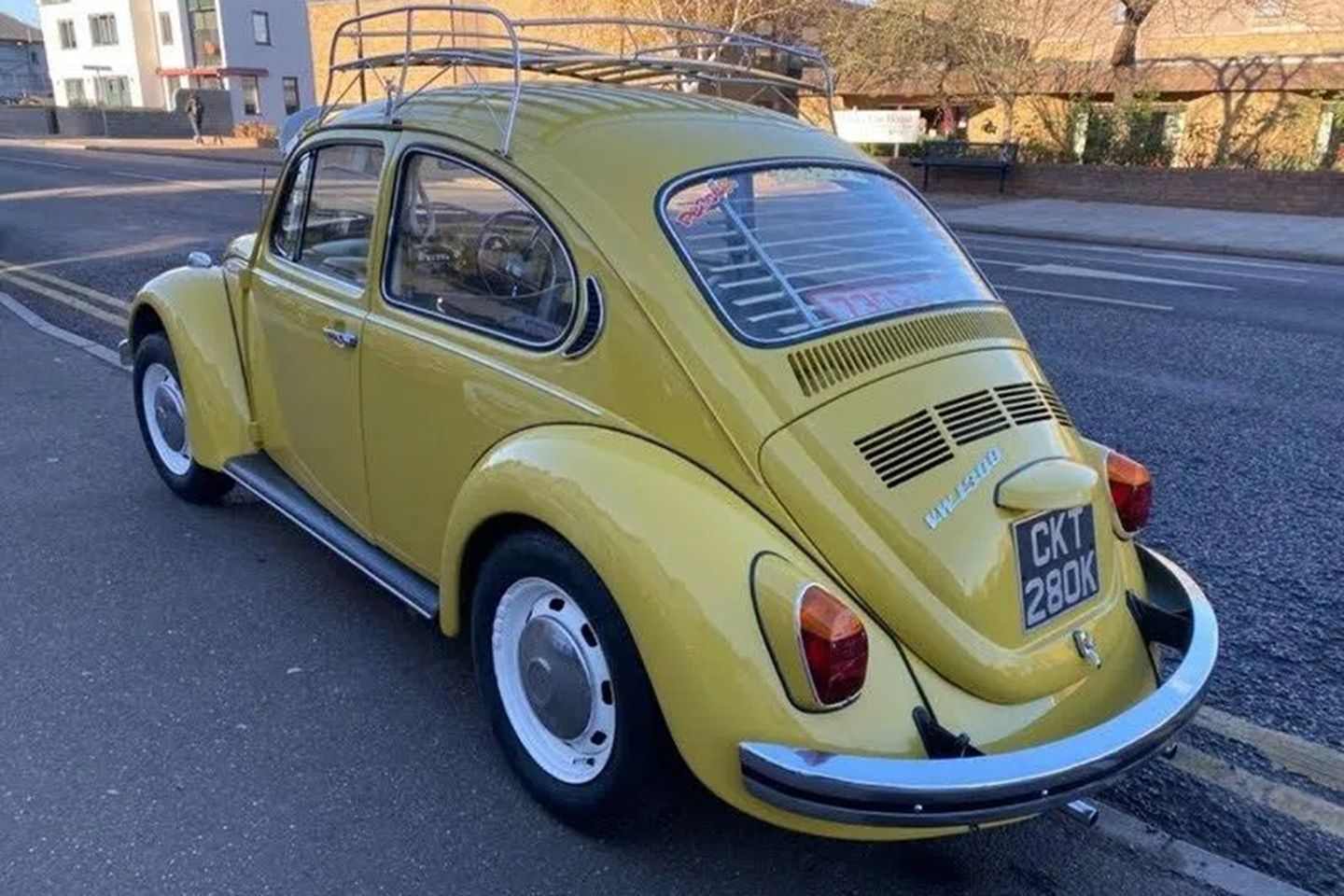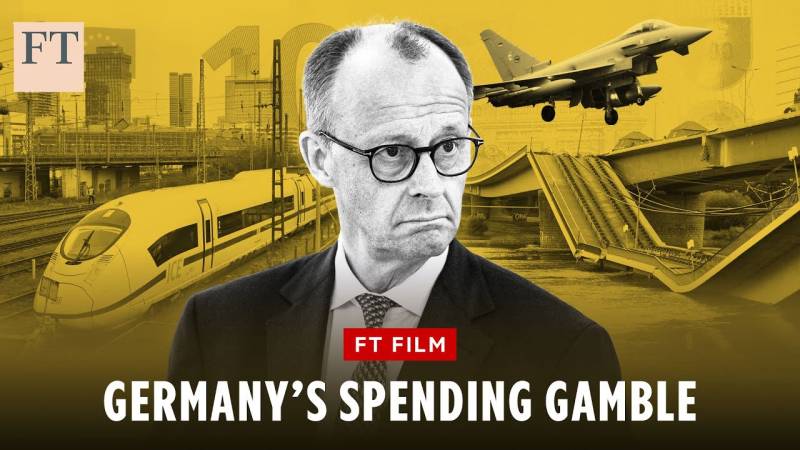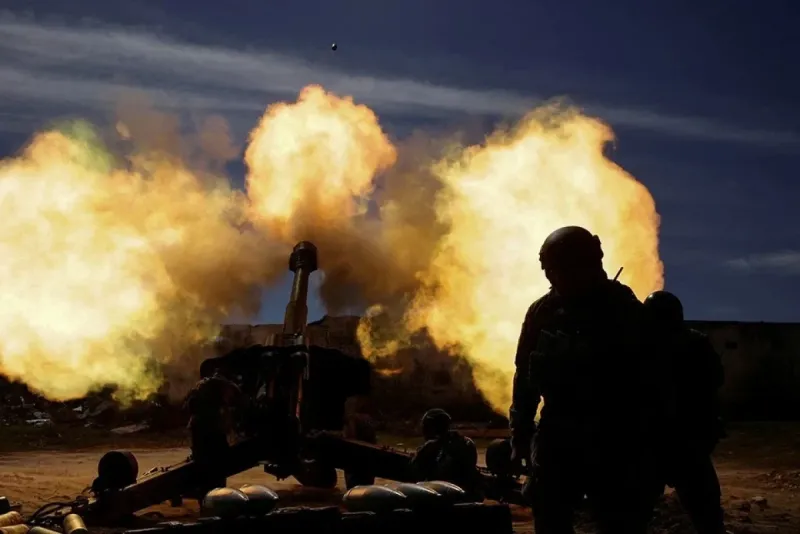Once upon a time, Volkswagen was Europe’s pride, the emblem of German precision, reliability, and industrial might. The “people’s car,” born out of necessity and rebuilt after the scars of war, grew into a symbol of aspiration from Lagos to London. Generations drove its Beetles and Golfs, trusting in the badge as more than just a car, as a promise. But history doesn’t grant immunity. In 2025, the giant is stumbling, caught between its past and an uncertain future.
Today, Volkswagen stands at a crossroads that feels more existential than strategic. It’s not just fighting for market share, it’s fighting for relevance. China, once its cash cow, has morphed into a ruthless competitor. Local Chinese brands, powered by state subsidies and agile innovation, are undercutting Volkswagen at every level, from affordability to tech innovation. Where once Chinese consumers viewed German cars as status symbols, they now see them as sluggish relics of a bygone era. The shift wasn’t slow. It was seismic.
And yet, China’s competitive landscape is just one front in Volkswagen’s war. The deeper battle is internal. Reinvention is costly, painfully so. The pivot to electric vehicles, meant to secure Volkswagen’s future, has drained billions from its reserves. Plants must be retooled. Workforces must be retrained. Supply chains must be reimagined. For a legacy company accustomed to combustion engines, the transition isn’t just technical, it’s cultural. This isn’t simply about building cars with batteries; it’s about dismantling the very identity that once defined them.

Related article - Uphorial Podcast

Financial Times
In Europe, economic stagnation is adding another layer of weight. Consumers are wary. Inflation eats into disposable incomes, and the grand dream of owning a German machine doesn’t glitter like it used to. Compounded with this is the pressure from rising labour costs in Germany, a country that prides itself on social welfare but now finds its competitiveness eroding. Every pay raise, every benefit, squeezes margins in a market that’s already unforgiving.
Across the Atlantic, another threat looms. Former U.S. President Donald Trump’s tariff war against European automakers, a war that still casts long shadows- has made exports to the U.S. a dangerous gamble. What was once a lucrative market now feels like a courtroom, where policies can change overnight and billions hang in the balance.
Yet, Volkswagen’s struggle is not just a corporate story. It’s human. Picture the factory floor in Wolfsburg, where engineers who spent their lives mastering combustion engines now find themselves retraining to assemble battery packs. Managers who once celebrated diesel innovations now speak cautiously in boardrooms, haunted by the memories of Dieselgate. Reinvention feels like betrayal to some, salvation to others. In these moments, Volkswagen isn’t a car company; it’s a canvas of Germany itself, grappling with change.
What does this mean for Europe? A weakening Volkswagen is more than just corporate news; it’s a symbol of a continent caught in transition. As industries shift eastward and the future belongs to electric, digital, and agile companies, Europe’s industrial heart faces an identity crisis. If Volkswagen, with all its resources and legacy, struggles to adapt, what hope is there for smaller players?
And yet, buried within the struggle, there’s a paradoxical strength. Volkswagen’s story isn’t over. Far from it. In its fight, it mirrors the resilience of legacy itself, the stubborn refusal to be irrelevant. It might lose battles, but the war is ongoing. The question now is whether it can stop looking backwards long enough to chart a bold new path forward.
In the end, Volkswagen’s reinvention will be more than a corporate pivot. It will be a litmus test of whether legacy companies can truly reinvent themselves without erasing who they once were. A new kind of people’s car is waiting to be born. The question is: will Volkswagen be the one to build it?



